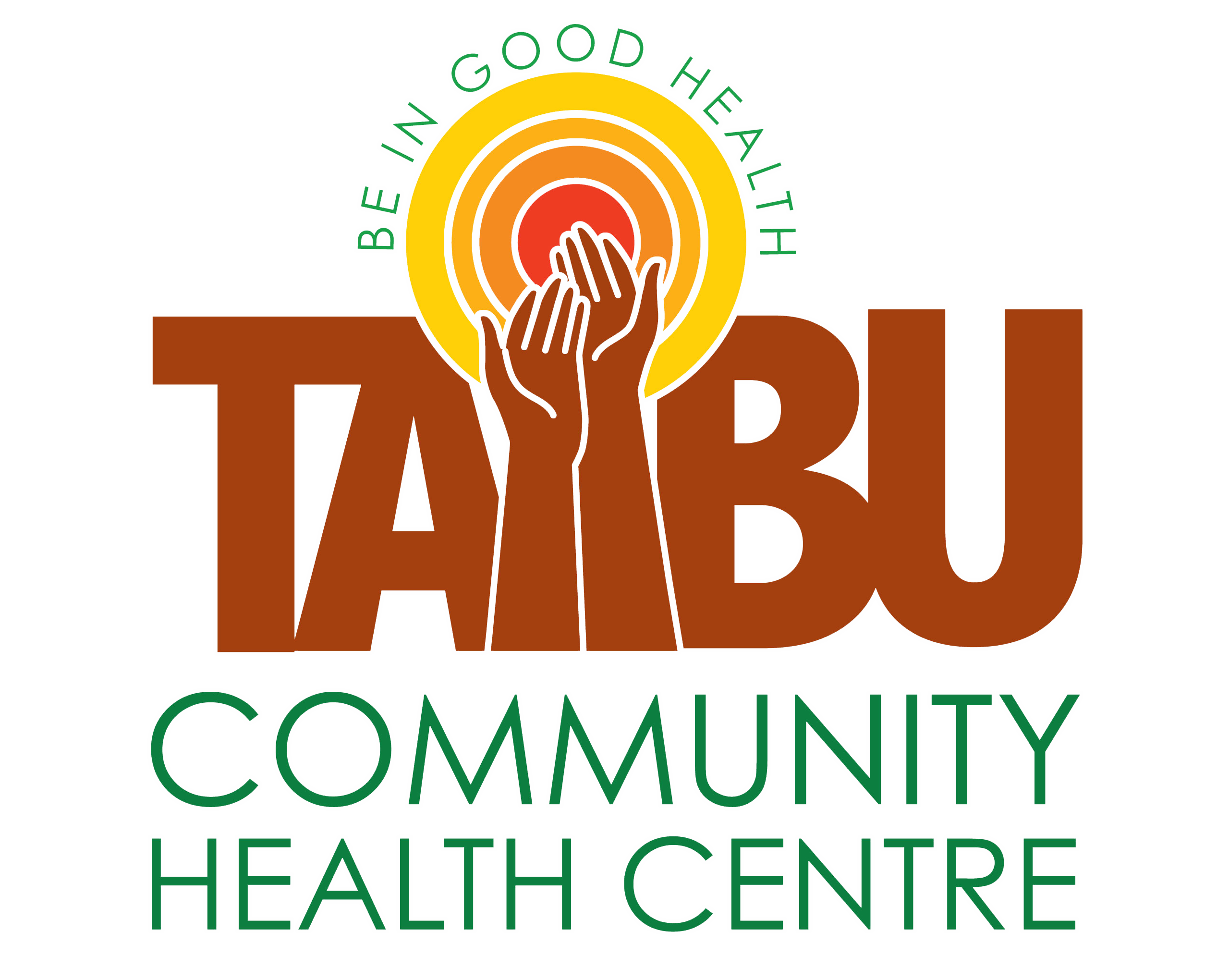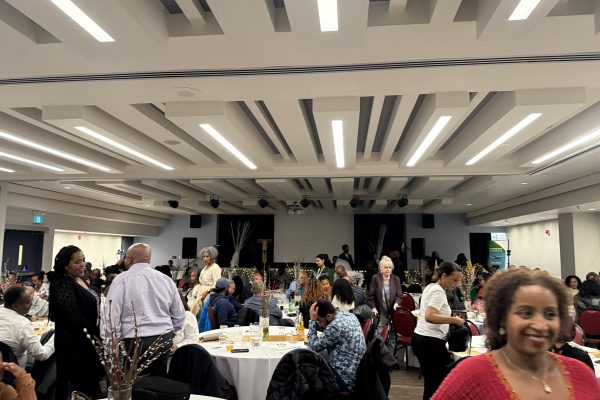Here is an interview with Nicolas Moyer, the CEO of Cuso International . A Canadian organization that supports Education and other sectors through diaspora volunteering and partnership programs . The CEO reflects on the present opportunities and challenges of the organization .

Cuso has a long, rich history – what sets it apart from other organizations?
Cuso International has a truly unique place in Canada’s history of global engagement. It directly contributed to defining Canada’s image as a constructive global actor in the post-war era. Cuso is a rare Canadian home-grown success story, with thousands of alumni, hundreds of global organizational partnerships, and more than 60 years of global social-justice history that includes collaboration with Canada’s First Nation communities. These things, and our reputation as a trusted partner, already set us apart.
Our commitment to best practice and innovation in the pursuit of our mission are also unique features of our identity. We continue to help set the bar in terms of impactful, sustainable, and professional international volunteering. We have developed and expanded e-volunteering methods and tools. We work closely with diaspora communities in Canada to facilitate their contributions to international cooperation.
All of these elements of our history and experience will serve as critical foundations in the next chapter of Cuso’s history as we adapt to a rapidly changing international cooperation landscape.
What challenges and opportunities do you foresee in the next few years?
I believe strongly that past perspectives and models of “international development” are on a path towards obsolescence. While traditional top-down charity shows no signs of disappearing, it has already become a minimal element of international cooperation and its role will continue to diminish. Solidarity-minded civil society organizations like Cuso International, which serve a mission to build a world that is better, fairer, and more sustainable, must adapt to stay relevant as Southern capacity continues to grow.
Cuso’s long-term commitment to partner-centred approaches are ideally suited to the challenges ahead for the international cooperation sector. This will serve as our anchor as we enter a critical period of strategic planning for Cuso in which we will need to better define our specific contributions to global human, social, and environmental progress.
How has Cuso adapted and changed during the pandemic?
The pandemic has presented huge challenges for everyone, and Cuso is no exception. The safety and security of staff, volunteers, communities, and partners have been our number one priority at the same time as the needs of the most vulnerable increased in the communities where we work. Cuso was needed more than ever, but we had to work differently. Most Canadian volunteers came home after our government recommended repatriation of Canadians abroad. In response, our approach to volunteering shifted to grow many initiatives we’ve long championed as important evolutions in global cooperation, such as e-volunteering, national (in-country) volunteering, and south-south volunteering (volunteers from other countries of the global south).
Throughout the pandemic, our strong country teams in Latin America, the Caribbean, and in Africa have continued to do their outstanding work in areas such as women’s rights, education, economic opportunities, and support for refugees. We also redirected support for local partner needs related to COVID-19 protection. Unsurprisingly, the strengthening of our relationships with partner organizations has been one of the positive outcomes of the last two years.
As we look ahead, we hope to retain some of the progress made in terms of use of technology, empowerment of partners, and new approaches to volunteering, even as societies reopen, and we return to our full capacity.
Is there a specific global issue that is most important to you? Why?
There is no denying that humankind and our planet are facing huge challenges today. A climate and environmental crisis, a global pandemic, conflict and insecurity, inequality, increased migration, attacks on human rights and women’s rights, and democracy under threat, to name a few. As someone who has dedicated his career to advancing social justice, all of these issues matter to me and drive my commitment to international cooperation.
Yet, despite all these challenges, there is also great progress happening. On almost all indicators of human development, we can see progress over the decades. Interestingly, this is the global trend that likely should most interest international cooperation actors. Ever-growing capacity, access to information, and ambition in the Global South are leading to a direct challenge of existing norms and approaches to “international development.” Our sector must adapt and will need to grapple head-on with its colonial legacy and the influence it has had on present systems and approaches to do so. As capacity evolves in the countries where we work, our priorities, structure, and programs will all need to adapt to remain relevant.
Source -Cuso International












